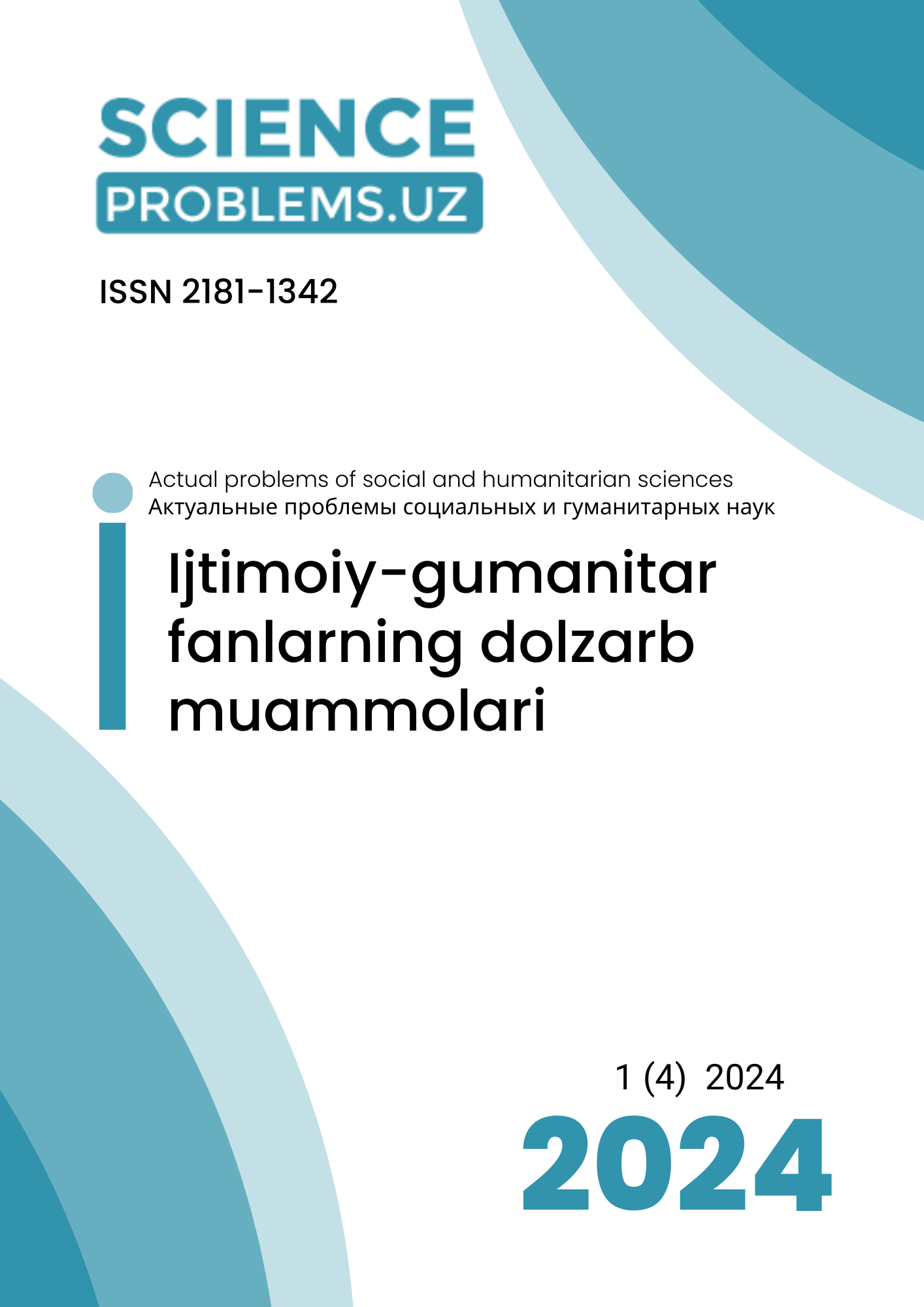SOCIO-CULTURAL DIFFERENCES IN FAMILY SPEECH IN ENGLISH AND UZBEK LANGUAGES
DOI:
https://doi.org/10.47390/SPR1342V4I1Y2024N35Keywords:
English and Uzbek languages, family speech, the concept ofAbstract
This article examines socio-cultural differences in family speech in English and Uzbek languages. It consists in revealing the factors that ensure the manifestation of the linguistic and cultural content of the concept of "family" at the lexical, phraseological, paremiological and textual levels, and scientifically justifying the similarities and differences in the conceptual perception of family relations in the languages being used. Also, to reveal and describe the linguistic and cultural content of the concept of "family" in English and Uzbek languages in the material of lexicon, phraseology, paremiology and artistic texts; comparison of the conceptual basis of the lexemes "family" and "family" taking into account national and cultural characteristics; distinguish the similarities and differences between the classification of English and Uzbek terms representing close blood relatives and distant relatives, conjugal kinship and clan relations.
References
Сулаймонова Д. А. Обращение в английском и узбекском семейном дискурсе// Вестник науки и образования, no. 12-3 (90), 2020, pp. 75-77.
Халилова З. М. Особенности обращение в английском, русском и узбекском семейном дискурсе// JOURNAL OF INNOVATIONS IN SOCIAL SCIENCES. Volume: 02 Issue: 09. P 66-71. www.sciencebox.uz
Xolmirzayev D. Q., Djaffarova D. I. (2023). Ingliz va oʻzbek tillarida "Oila" konseptini lingvo-madaniy jihatdan o’rganish. Journal of Universal Science Research, 1(5), 1197–1200. Retrieved from https://universalpublishings.com/index.php/jusr/article/view/906








